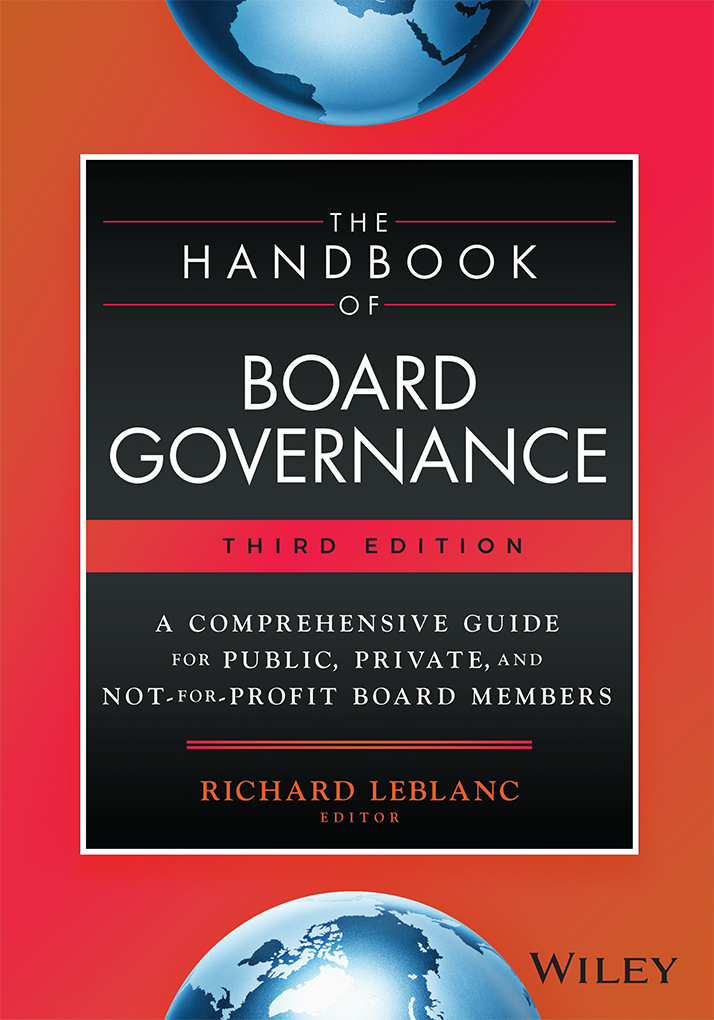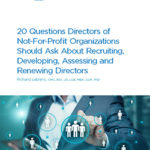“This city, this province, this country has a reputation of being the best location to carry out white collar crime, corporate fraud, in the industrialized world.”
These public words are not from some scholarly journal but from a hard-hitting, no-nonsense corporate director, Spencer Lanthier, (PDF profile) as he received his award at the annual Institute of Corporate Directors dinner last year – a sort life-time achievement award for a select few directors. Guests at my table were shocked to hear this, as was I, so I followed up to interview Mr. Lanthier for an illuminating interview. I also went for lunch with former colleague Al Rosen who wrote the book “Swindlers,” which I am now reading and equally eye-opening.
Flash-forward to 2012 where the Nortel trial is now underway to examine what role directors or officers might have played in that alleged fraud. See a headline from last week: “Toronto lost nearly $1M to fraud in 2011, auditor-general reveals”and the twelve cases identified by the auditor general. See this excellent report (PDF), courtesy of Tim Leech in my LinkedIn group Audit Committee.
Here are some questions: Do directors on boards play a role in detecting and deterring fraud? Can they be held responsible or even liable if they do not fulfill this role properly? Increasingly the answers are “yes,” especially given UK and US legislation since the financial crisis. I remember one of my very first board meetings I observed. It was of a bank. At the break, a director got up and shook my hand. He leaned over and whispered in my ear that the number one role of a director was to watch for fraud. I never forgot this.
Here is a list of 10 red flags and suggestions I have compiled based on my work recommending governance enhancements for companies accused of fraud or other malfeasance, including very well known Canadian companies.
1. The Audit Committee must fully understand how the company’s business model, estimates and judgmental choices by management give rise to potential manipulation of financial reporting by that management. Audit Committee members should be selected and educated on this basis. Financial literacy is a low bar and is not enough. Educate yourself on how fraud happens if you are a director or audit committee member. If necessary, hire an expert to report to you individually or in closed session with the Audit Committee without any member of management present.
2. If your organization does not have an internal audit function, install one appropriate for your organization. The head of Internal Audit must report directly and confidentially to the Audit Committee and cannot be over-ridden by any company officer. If necessary, Internal Audit should report directly to the board.
3. The Audit Committee must approve the independence, budget, work-plan and succession of the head of Internal Audit. The board should direct the CEO and CFO to commit resources for further design and test of internal controls whenever necessary.
4. As a director, you are entitled to any piece of information and access to any personnel in fulfilling your duties under any circumstance. If any manager blocks you from doing your job, this is a red flag. Go on unscripted company tours unaccompanied by management to test for tone and culture whenever you can.
5. Direct management to conduct a survey on company culture, assisted by an independent firm, with results reported directly to the board. Act on the results. You may have a toxic workplace with undue influence, internal control override and bullying and not even know it.
6. The independent whistle-blowing hotline must have a protected mechanism for people to come forward. When fraud happens, fellow employees know and are your best source of defense. If employees do not have confidence they can come forward and have a proper investigation conducted, they won’t and fraud will fester. Whistleblowers can go to regulators directly (in the US) now and participate in a monetary reward. If they don’t have confidence in the hotline, they will quit, acquiesce or go directly to the regulator.
7. Direct independent advisors (consultants, and now auditors) to conduct a risk assessment of all management compensation packages to ensure compensation is not driving potential fraud, such as bonuses awarded on profit.
8. If any company officer is not 100% transparent with you, this is a red flag. You should meet in executive session without management in the room to discuss your concern, which is likely shared by other directors. If the CEO or CFO lack integrity, the tone at the top is broken and you have a serious problem. You do not need a reason to fire your CEO.
9. Your responsibility as a director is to direct if and when necessary. Legislation gives you this power but protocols enable it. If management has undue influence and keeps you at bay, your protocols are likely deficient. Boards, committees, chairs and directors all need terms of reference now. Don’t let management draft these important documents as they have an interest in not giving you the power you are entitled to by law. Draft your own protocols or have someone independent do it if you have a concern or want best practices.
10. Above all, be vigilant and assertive if or when necessary. No amount of compensation can ever make you whole for the reputational damage inflicted and protracted litigation that could follow allegations of fraud or other misfeasance for a company of which you are or were a director. The number one regret directors have is not speaking or acting when they could have or should have. Don’t let this happen to you and follow the above steps.












